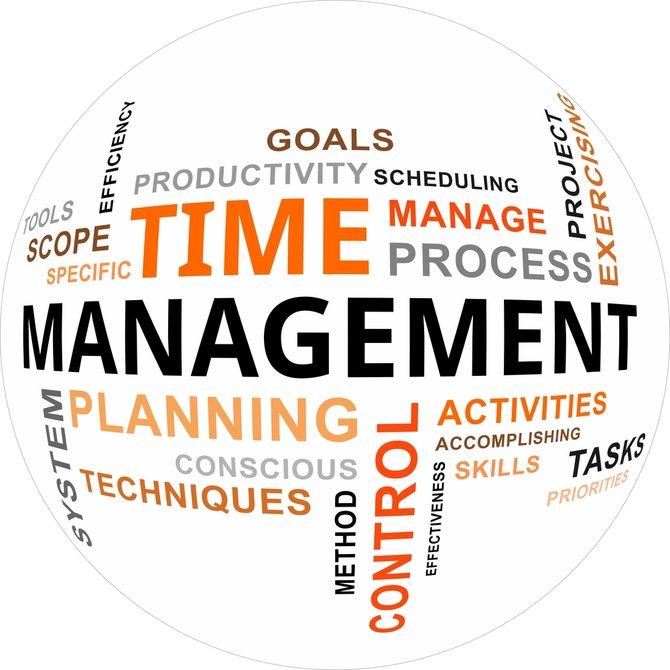In the intricate dance of dating, timing is everything. The anticipation of a first date often comes wrapped in a bundle of nerves and excitement, as two individuals step into the unknown, hoping to forge a connection. Yet, what happens when one party arrives late, leaving the other waiting and wondering? Is this tardiness merely a hiccup in an otherwise promising encounter, or does it unfurl a red flag that signals deeper issues? In this exploration of punctuality’s role in romance, we delve into the implications of being late to a date, examining whether it is a forgivable faux pas or a potential warning sign that merits closer scrutiny. As we navigate the nuances of timekeeping in relationships, we invite you to consider the fine line between understandable delays and the patterns that might hint at something more telling.
Punctuality and First Impressions: Understanding the Importance of Being On Time
- Sets the Tone: Arriving on time for a date is more than just a matter of courtesy—it’s a powerful non-verbal cue that communicates respect and seriousness about the meeting. Punctuality often sets the tone for how the rest of the encounter will unfold. When someone is late, it might suggest that they don’t value the other person’s time or the occasion itself, which can leave a lingering sense of disappointment.
- Reflects Personal Values: Being on time can also reflect personal values such as reliability and responsibility. These traits are crucial in any relationship, romantic or otherwise. When you consistently show up on time, it signals to the other person that you can be depended upon, potentially laying a foundation for trust. Conversely, frequent tardiness may raise questions about one’s commitment and priorities.

Decoding the Message: What Chronic Tardiness Might Reveal About a Person
When someone consistently arrives late, it may reflect more than just poor time management. Chronic tardiness can sometimes signal deeper personality traits or life circumstances. For instance, it might indicate:
- Disorganization: A struggle to prioritize tasks or manage time effectively.
- Rebellion: A subtle act of defiance against societal norms or expectations.
- Stress: Overwhelming life situations that make punctuality difficult.
- Optimism Bias: An unrealistic belief that one can accomplish more in less time.
- Lack of Respect: A perceived undervaluing of others’ time and commitments.
Understanding these underlying causes can foster empathy and open dialogue. Rather than jumping to conclusions, consider having a candid conversation to uncover the real reasons behind the tardiness. This approach might transform a potential red flag into an opportunity for deeper connection.

Balancing Forgiveness and Expectations: How to Address Lateness in Relationships
In the delicate dance of relationships, punctuality can often serve as a metaphor for respect and consideration. When a partner consistently shows up late, it may prompt questions about priorities and commitment. However, it’s crucial to approach this issue with a balanced mindset, weighing both forgiveness and expectations. Understanding the reasons behind the tardiness is essential. Is it due to unavoidable circumstances or a lack of effort to manage time better? Recognizing the difference can guide the appropriate response.
Addressing lateness requires a nuanced approach. Consider the following strategies:
- Open Communication: Have an honest conversation about how their lateness affects you, fostering an environment of understanding and compromise.
- Set Boundaries: Clearly express your expectations regarding punctuality, while remaining open to discussing any challenges they might face.
- Practice Empathy: Acknowledge that everyone has different time management skills and stressors, which might impact their ability to be on time.
By maintaining a dialogue and setting clear expectations, partners can find a middle ground that respects both individual differences and mutual respect.

Practical Strategies for Managing Time: Ensuring a Smooth Dating Experience
When planning for a date, time management becomes a crucial element in making a positive impression. Here are some practical strategies to ensure you’re always punctual and ready to make the most of your dating experience:
- Prioritize Preparation: Allocate specific time slots in your schedule for getting ready. This includes choosing your outfit, grooming, and packing essentials like your wallet and phone. Having everything in place ahead of time minimizes last-minute rushing.
- Set Timely Reminders: Use your smartphone or a calendar app to set reminders for key tasks. Whether it’s a gentle nudge to start getting ready or a notification about traffic conditions, these reminders can help keep you on track.
- Factor in Buffer Time: Add an extra 15 to 30 minutes to your estimated travel time. This buffer can absorb unexpected delays such as traffic jams or parking difficulties, ensuring you arrive on time and relaxed.
- Choose Convenient Meeting Points: Opt for locations that are easy to reach for both parties. This reduces the likelihood of either person getting lost or delayed, making the date start on a positive note.
By incorporating these strategies into your routine, you can not only avoid the stigma of being late but also enjoy a more relaxed and enjoyable dating experience.








